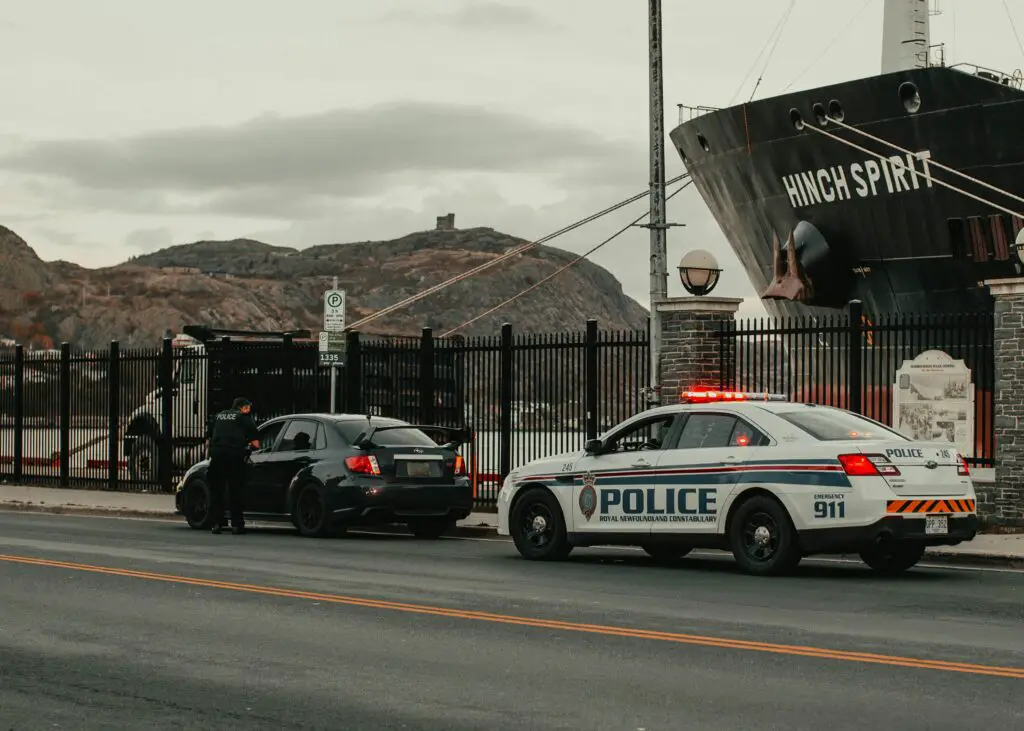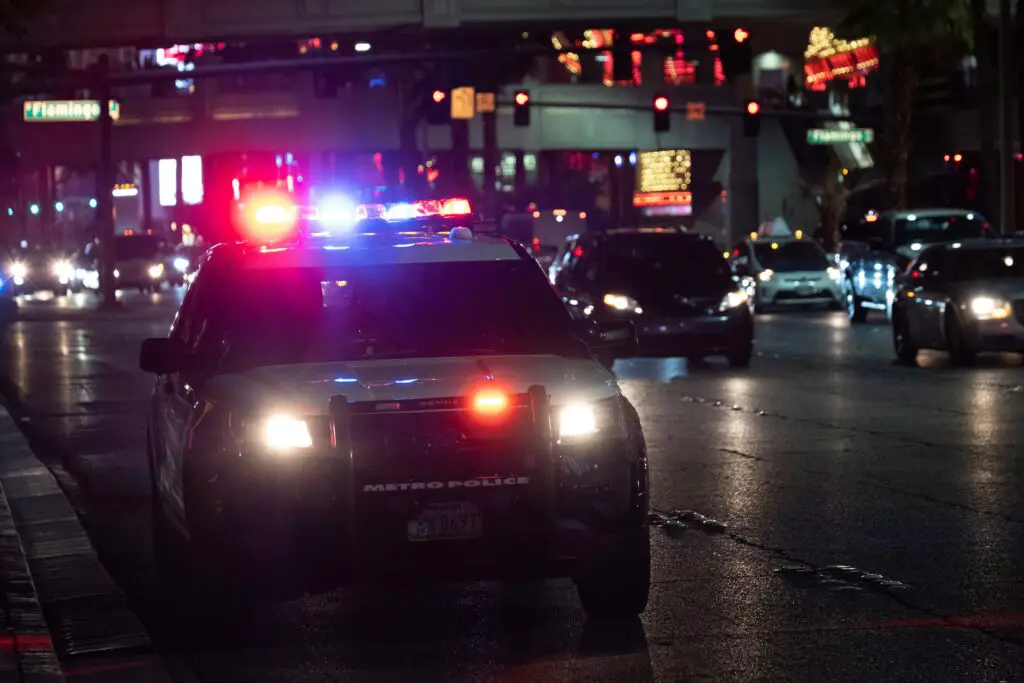Have you ever come across the term “exigent circumstances” and wondered what it means? Legal jargon often feels like a language of its own, with complex terms that serve multiple purposes, leaving many people confused. If you’ve heard of exigent circumstances but don’t fully understand them, don’t worry. Read on to discover what exigent circumstances mean and how they apply in various legal situations.
Police Officer Enters Home In Viral Video: Is He Justified?
This viral clip captures when a police officer enters someone’s house without permission. When the man filming asked why the cop entered, the officer replied, “Your front door was open.” When questioned further, the officer argued that he wasn’t aware it was just an open storm door. Regardless, the cameraman stands firm that the officer wouldn’t have a right to enter, even with the door open.
TikTok attorney Ugo Lord explains that certain situations allow an officer to legally enter a home without a warrant, known as exigent circumstances. These circumstances, governed by strict rules and regulations, enable officers to respond immediately to emergencies in private locations. Typically, exigent circumstances involve danger, the destruction of evidence, or the active pursuit of a suspect.
The officer in the video clearly faced no emergency. His actions lacked the support of exigent circumstances, making his entry unwarranted.
What Is The Meaning of Exigent Circumstances?
To understand how exigent circumstances apply to the law, we must first define them. Simply put, exigent circumstances lead an officer to believe that entering without a warrant is necessary for an emergency. In practice, they are an exception to the Fourth Amendment protection of unwarranted search and seizure. There are a few key situations where exigent circumstances apply, such as:
- When there is a reasonable belief that someone is in immediate danger or requires emergency aid.
- When there is a reasonable belief that entering would stop the destruction of relevant evidence.
- When the officer is in hot pursuit of a suspect who enters a private residence.
Officers cannot enter private residences without permission or a warrant, except in specific instances. As shown in the situation examples, a cop exercising the use of exigent circumstances requires a reasonable belief. This generally has to be facts or evidence that lead to a reasonable conclusion rather than a simple hunch or gut feeling.
Protections Under Exigent Circumstances

Although cops may enter your home under exigent circumstances, laws still limit what they can do once inside.
When an officer enters a home under exigent circumstances, they may observe and use items in plain view as evidence. For instance, if an officer enters to provide emergency aid and spots drugs on the counter, they can use the drugs as admissible evidence in court. However, the officer cannot search through drawers, cabinets, closets, or other private areas.
Under the protections of the Fourth Amendment, people are otherwise afforded their rights of privacy and protection. Thus, if an officer unreasonably enters your home without a warrant, any evidence of a crime they encounter is generally not admissible in court. This idea is known as the fruit of the poisonous tree doctrine. According to the doctrine, any evidence seized from unlawful searches and seizures is inadmissible in a court of law.
The Automobile Exception

When learning about the meaning of exigent circumstances, we often learn about civilians’ protections. Concerning exigent circumstances, some essential exceptions apply to what police are allowed to do. One of which is the automobile exception.
The automobile exception allows an officer to search a vehicle without a warrant if they have probable cause to find evidence or contraband inside. This exception exists to prevent criminals from escaping with evidence, taking into account the highly mobile nature of automobiles, even though it may seem intrusive. Just like finding evidence under exigent circumstances, evidence seized from an automobile must come from probable cause searches. Furthermore, possible cause and evidence must be within the “plain view” of the vehicle. This means that lock boxes or other secure containers are generally not legal to search.
For example, if an officer legally stops someone and sees drugs on the front seat, they would have probable cause to legally search the vehicle without a warrant under the automobile exception.
One famous instance of the automobile exception was the case of Carroll V. the United States. In this case, police officers pulled over a man who they believed had alcohol in his vehicle. This event took place during Prohibition, meaning alcohol was a contraband item. The court reviewed the case and determined that the traffic stop and search were conducted with probable cause, which meant they did not violate Fourth Amendment protections.

